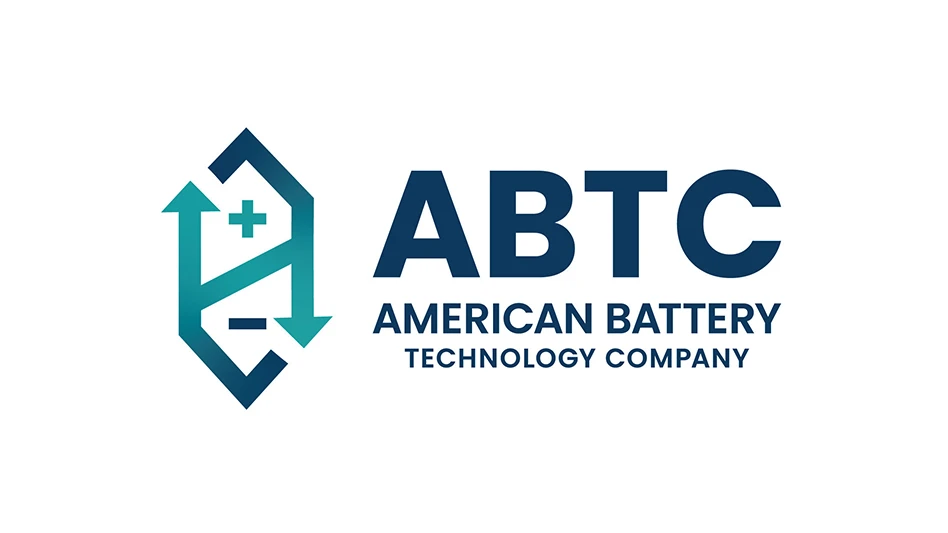GREENMAN REPORTS PROFITABLE SECOND QUARTER
GreenMan Technologies Inc., Lynnfield, Mass., reported a 21 percent increase in profits for its second quarter ended March 31.
Net sales for the quarter totaled $5.5 million compared to $4.6 million in the second quarter of 2001. GreenMan processed 5.6 million passenger tire equivalents (PTEs) in its second quarter, as compared to the corresponding figure of 4.8 million for 2001.
Revenue per PTE improved because of the impact of several tire pile cleanup projects and increased product sales at GreenMan’s Georgia operations. Results include subsidiary operations formed in conjunction with GreenMan’s acquisition of Tennessee Tire Recyclers Inc. and An-Gun Inc., as well as its majority-owned joint venture Able Tire of Oklahoma LLC.
Operating profit for the quarter increased 138 percent to $418,000 when compared to $175,000 for the corresponding period in 2001. GreenMan attributes this to the continued improvement of its operations in the Southeast and tire abatement in the Midwest.
"We are pleased to report our sixth profitable quarter in a row, especially during a period which is historically slow due to seasonal factors," Bob Davis, GreenMan president and CEO, says. "We are extremely encouraged as we enter the strongest half of our fiscal year with three new size reduction facilities, two new kiln supply relationships…and our Specialty Waste division starting to perform. In addition, our Georgia and Wisconsin waste wire processing equipment lines are operational, and we are realizing both increased product sales and reduced disposal costs."
GreenMan reported net income of $214,000, or $.02 per share, for the quarter. Additional income of $438,000 resulted from an insurance settlement and an additional casualty loss of $155,000 was associated with a litigation settlement related to an August 1998 fire at GreenMan Technologies of Louisiana.
|
LUXICA FLOORING MAKES AESTHETIC AND ENVIRONMENTAL STATEMENT |
|
To Market, an international sales and marketing company based in Los Angeles and Washington, D.C., has introduced Luxica™ Envinyl Flooring, which is available in two product collections, Metallo and Oceanas. According to the company, Luxica is durable, commercial-grade vinyl flooring engineered to promote environmental stewardship and sustainability. The product is completely recyclable, according to the company. Luxica’s three-dimensional effects are created through a layered manufacturing process. The base layer of the backing system is manufactured from 35 percent post-consumer recycled PVC hoses and tapes, among other materials. With little or no VOC emissions and excellent air quality, Luxica will not promote microbial or fungal growth and is non-allergenic, according to the company. The Metallo Collection offers four patterns and 12 metallic colors, while Oceanus offers 32 pearlescent colors in a pattern that mimics ocean ripples. Luxica is produced in 18-inch by 18-inch tiles of 1/8-inch 40-mil composition and have been tested according to American Society for Testing and Materials guidelines. For more information and product samples, call 877-843-8184 (East Coast), 800-465-4605 (West Coast) or visit www.tomkt.com. |
OREGON BUS FLEET USING RE-REFINED OIL
Tri-Met of Portland, Ore., has decided to switch its fleet of 670 buses to re-refined lubricating oil after a year-long test.
Under its Green Policy, Tri-Met seeks to reduce its negative impact on the environment by reducing waste, by reusing and recycling materials and by purchasing recycled-content products. Tri-Met began looking at the feasibility of using re-refined oil in May of 2000, when it met with representatives of re-refined oil supplier Union 76, Mt. Hood Oil Co. and engine manufacturer Cummins Northwest.
In October of 2001, Tri-Met compared a bus that used re-refined oil for 12 months with a bus that used virgin oil during the same period. Tri-Met found no significant difference in appearance between the two engines aside from additional wear on the rod bearings of the engine using re-refined oil. Tri-Met deemed this finding insignificant because wear varies from engine to engine even when virgin oil is used.
Tri-Met offers public transportation service for the Portland metropolitan area and purchases 55,000 gallons of lubricating oil annually.

Explore the June 2002 Issue
Check out more from this issue and find your next story to read.
Latest from Recycling Today
- Metso launches electric Anode Weighing and Casting Machine
- Circular by Shapiro releases "5 for Five" sustainability series
- Graphic Packaging set to close Ohio CRB facility
- Ameripen voices support for Maryland EPR bill
- Maryland county expands curbside recycling to include electronics
- California EPS ban will be enforced
- YKK AP America introduces BetterBillet
- Fresh Perspective: Cameron Keefe





